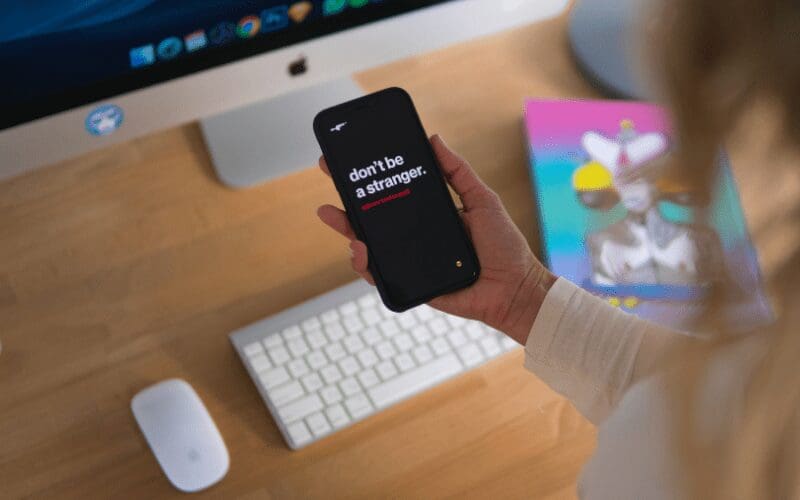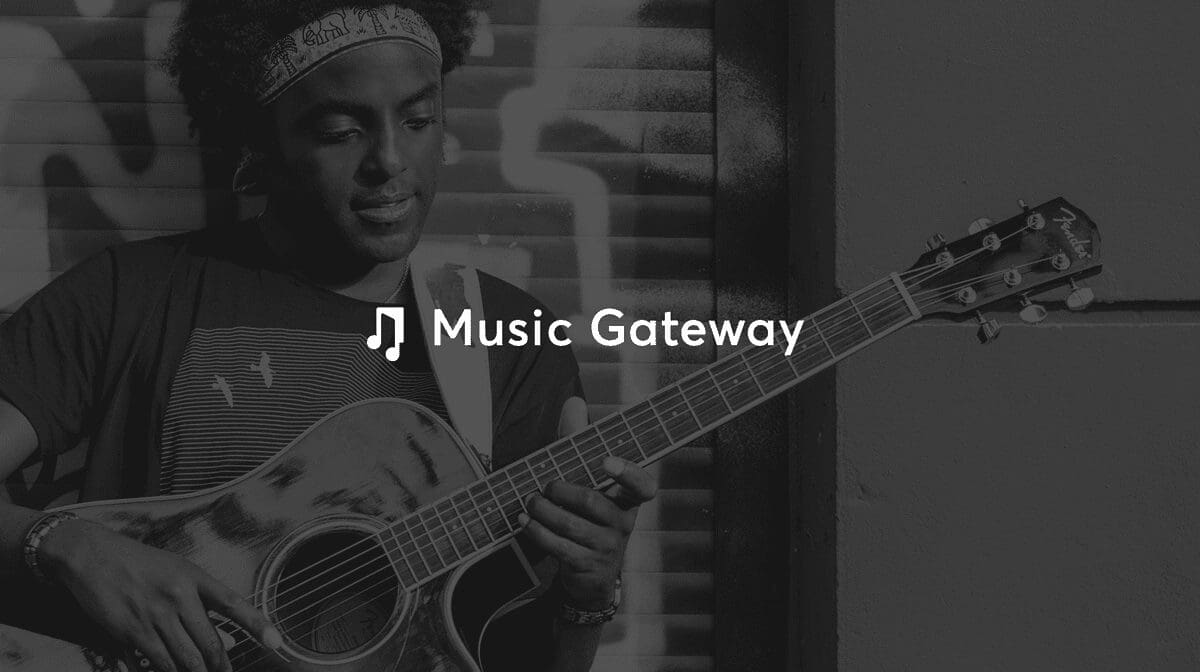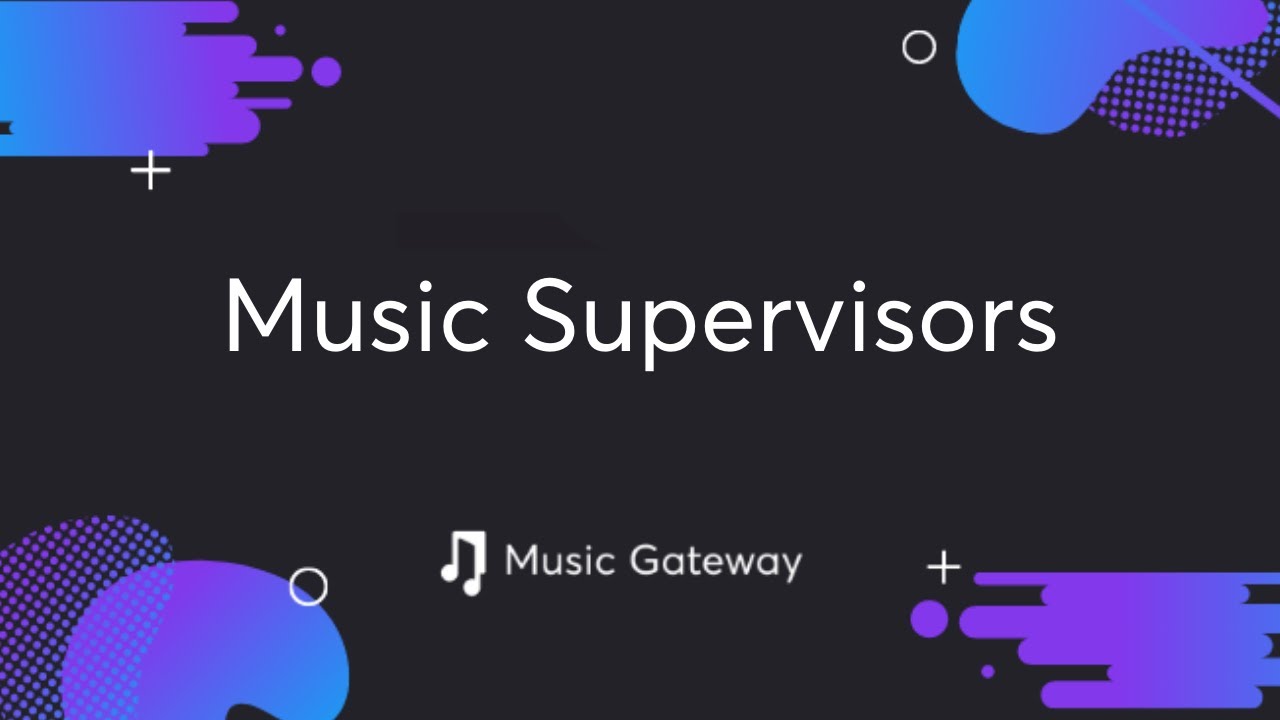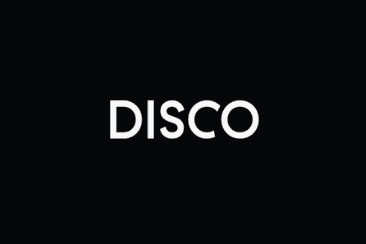As an artist who is wanting to get the attention of music supervisors for film and TV, we have put together the perfect guide for you on how to contact music supervisors!

Synchronization has become a way for artists to make money and a good way for artists to throw themselves into the limelight by using moving pictures.
To be involved in sync, singers need to take the correct steps by creating good quality tracks and selling them to the correct people.
This is where Music Supervisors come in!
Music supervisors are responsible for choosing the tracks and closing deals between artists and productions.
They often minimize their focus to a select few publishing companies, agents, and labels they trust. This enables them to secure deals quickly and effectively.
If you would like to find out more about what a Music Supervisor is, check out our article on Music Supervisors: What Do They Do?
How to Contact Music Supervisors

Before you contact a music supervisor you must be sure your music will attract attention.
Good quality recordings are a great starting point when pitching to music supervisors. Quality is important for succeeding!
Also, make sure you have an instrumental version of the song. This is because plenty of producers and directors will want songs without lyrics to make their films or production.
Make sure you have all the metadata on your recording. That ensures that the producer has all relevant and important information when they open the track. Such as how to contact you.
You need to make it easy for the music supervisor to get in touch.
Copyright is also equally as important. To be synced anywhere, you will want the master copyright and publishing cleared.
Steps To Contacting Music Supervisors
Research
Make sure you research music supervisors to ensure you know their work. Making a list of music supervisors is very beneficial. You can use the Guild of Music Supervisors (a music supervisor directory) to help you!
Just sending an email with the subject ‘Listen To My Music!’ is a waste of everyone’s time. Supervisors have their brand and distinctive credits. Just like you have your sound.
Sending an email with no prior contact with the supervisor is risky. You will also stand a better chance if the supervisor is used to placing music similar to your work.
Authentic Music
Music supervisors look for songs that are genuine and will resonate with the audience. Make music that comes from the heart. It’s more likely to succeed that way!
Unique Presentation
Renowned music supervisors get loads of pitches from musicians, music libraries, managers, and A&R representatives.
They are used to receiving generic emails with a YouTube link or a white envelope with a mediocre cover letter.
These will more than likely end up in the bin, so why not try something different?
Create a unique/personal header or send a box of donuts to set yourself apart! These kinds of gestures will increase your chances of having your music listened to.
Be Polite & Persistent
You don’t want to become irritating, but you shouldn’t give up after one attempt. The three-rule contact applies here:
- Send an email or an envelope
- Attempt to reach out to ask if they received it
- Ask whether they have a use for your music
Don’t burn any bridges if you don’t land a deal straight away. You may be considered for future projects!
Should You Be Contacting Music Supervisors Yourself?
Contacting music supervisors yourself is really difficult as they don’t generally tend to work with artists and bands directly.
That’s why it’s better to work with a sync agent to get represented by people who already have strong relationships with music supervisors. It also saves the artists time so they can focus on making music!
Don’t Cold-Call
Cold calling can be a red flag even though it takes confidence to do so.
Nobody likes calls out of the blue especially when you have multiple ongoing projects and already manage various contacts.
If you need to get in touch, try a less intrusive way. Such as attending an event or building an audience which is passionate about your music.
This way, the music supervisors might contact YOU!
Don’t Send Attachments In An Email
Attaching music files to an initial email is a huge mistake. It is likely to end up in spam.
You can send a link to your track or simply introduce yourself. Then, ask them if they’d be interested in receiving a link to your music.
If you get a response then you have started a conversation. You can then send a link (use a WAV file instead of an MP3!)
Only Send Music Within The Preferred Genre
If you receive a creative brief request from a music supervisor, make sure you stick to what they want. Also, make sure these are music supervisors looking for music actively!
There is nothing more annoying than looking for one thing and getting something else that’s the wrong genre, tempo, or vocals when they want an instrumental.
Be Specific!
When a composer or producer introduces themselves as a master of all genres, this should be a warning sign.
Proficient music supervisors looking for songs will know that the best of any genre comes from those who specialize in it. Stick to what you’re good at and submit your music in that style.
Using a Sync Agent

As we have mentioned, research is key. You need to contact people who can represent artists and contact music supervisors. Known as music sync licensing agents who can represent you. Such as us here at Мusic Gateway!
Synchronization in the music industry is when music is used alongside a moving image. Such as a TV show, advert, film, or video game.
Using a song for a moving picture requires permission from the songwriter or producer of the song using a Sync License.
It’s necessary for the music industry as it helps artists achieve their big break. Having music attached to a visual platform, audiences will recognize the music and associate it with them.
You want to tell them why your track is good enough to be used in synchronization. Sell yourself as an artist by letting them know who else likes your music.
Such as featured blogs, radio airplay, and performances. If your music has been synced before and if you have had recognition in the industry. All of this is important to help you break into synchronization.
Мusic Gateway is an established sync agent working directly with music supervisors, broadcasters, TV production companies, advertising agents, and games publishers worldwide licensing music and earning our rights holder’s revenue.
Check out the recent Music Supervision work we did on the Loss Adjuster movie!
That Was Our Guide on How To Contact Music Supervisors

In summary, Music Supervisors act as intermediaries between production teams and composers and their teams. They may suggest ideas, research and obtain rights to source music for films.
Music Supervisors oversee spotting sessions (deciding on where the director wants music, and why). Confirming that delivery requirements are fulfilled.
If the music is to be published, they make sure that it is registered properly.
They also arrange the budgets for music requirements, interact with the set designer, the sound team, and the playback operator and ensure that the sound team has the pre-record in the correct format. They also check synchronization issues during on-camera performances.
If you are successful and get a call/email which confirms your track has been featured on a television show or an advert, it can be an excellent way for you to plug it into further audiences!
Freya Ridings Lost Without You shot into the charts having appeared on an episode of Love Island. Which shows what a powerful tool it is to have your music appear on TV.
When it happens, make sure you share the link on social media and add the song to SoundCloud with ‘As Featured On’ to give it a boost! You don’t want to miss out on more exposure.
Syncs can be a gift so you need to make sure you are in touch with the best Music Supervisor for your music. Get in touch with us at Мusic Gateway about synchronizing!


